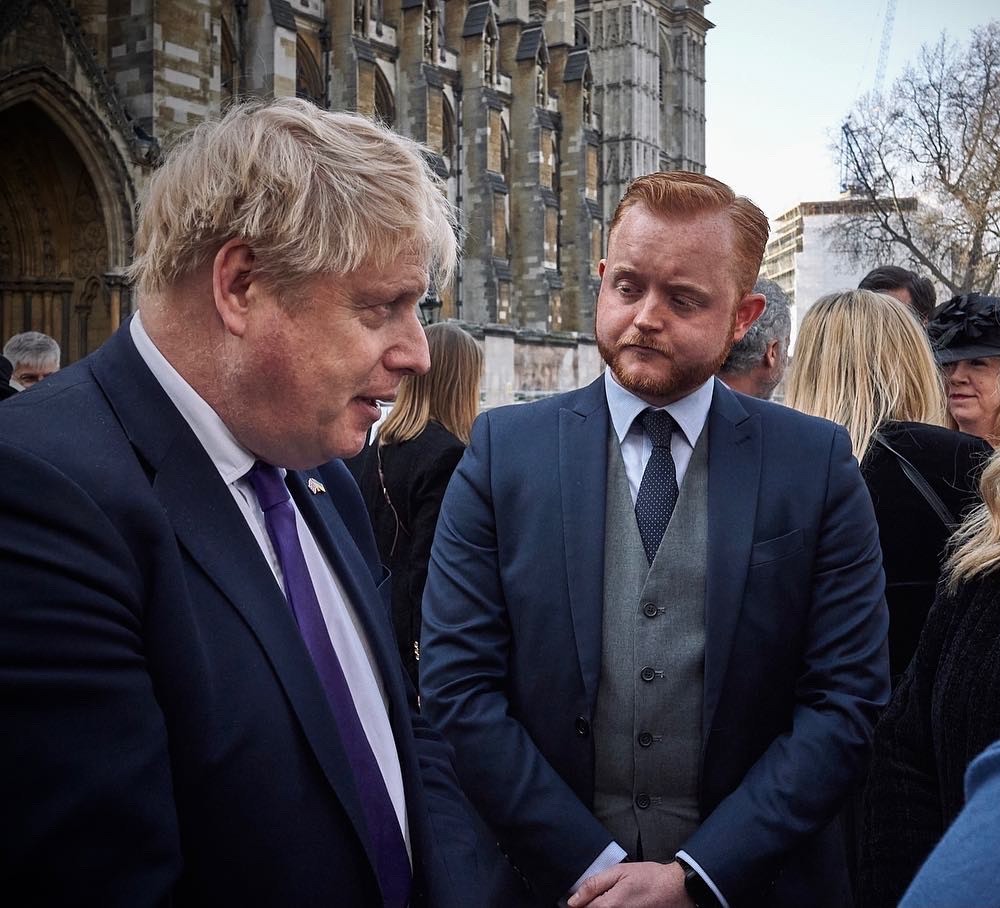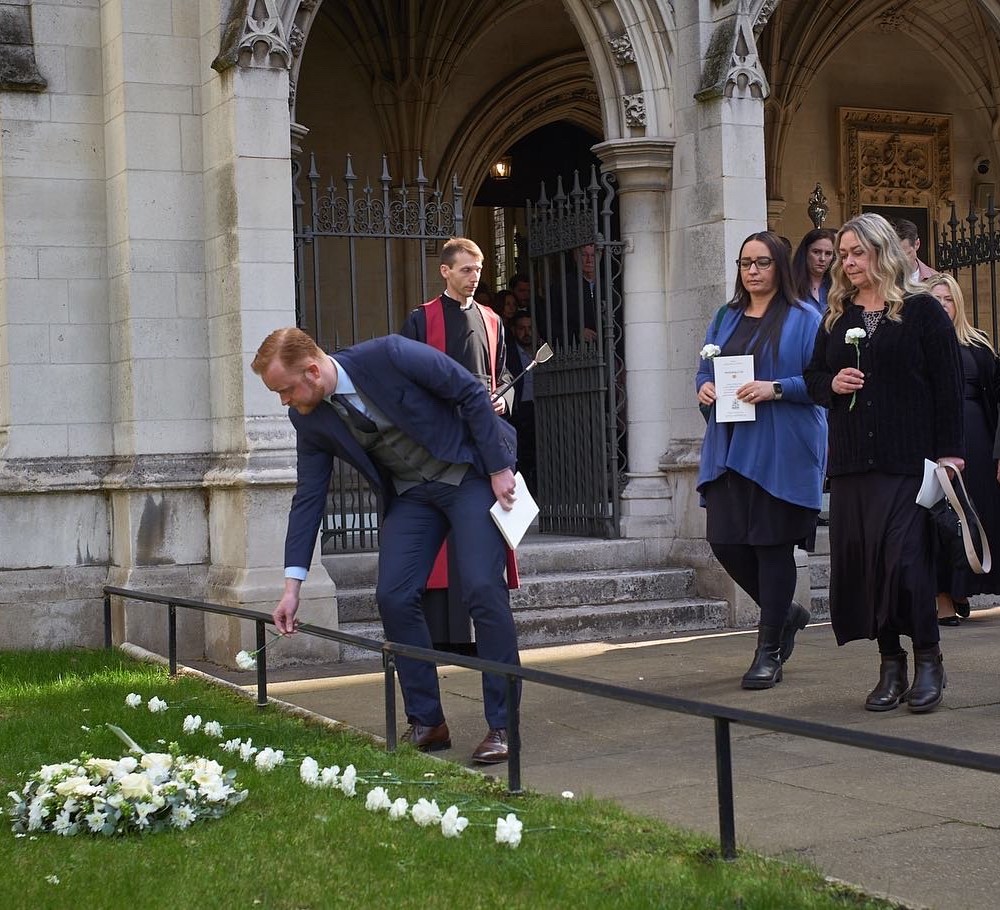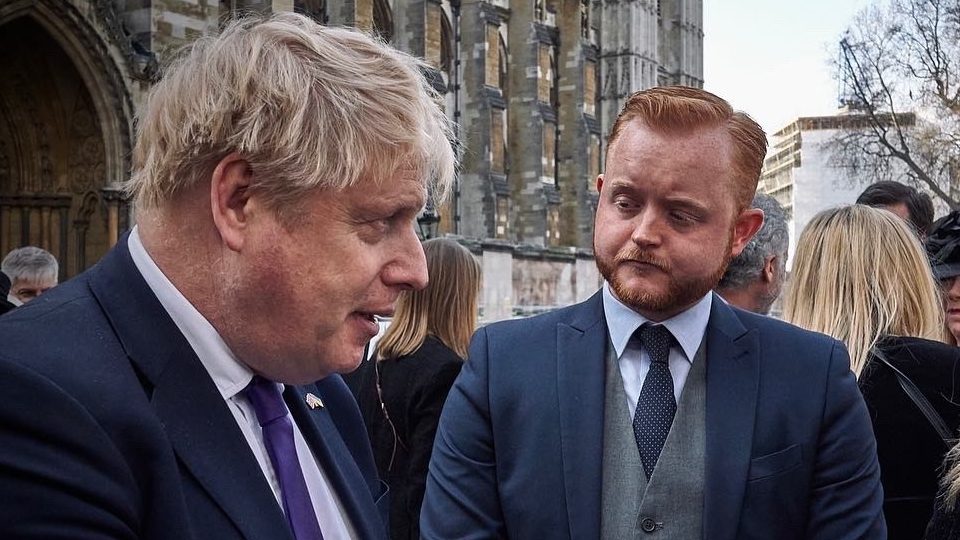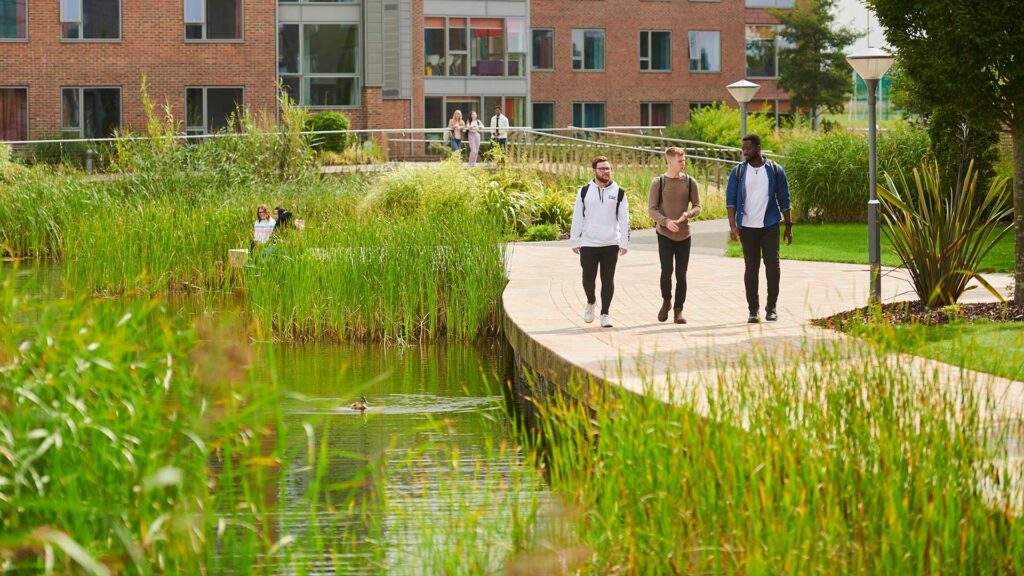The charter would guarantee the rights of people affected by terrorism, as it publishes a landmark comparative analysis, the first of its’ kind, researching the support available to victims of terror in different nations around the world.

Calls for guaranteed mental health and financial support come as the country prepares to mark the five year anniversaries of the many terror attacks which occurred in 2017, including the bombing at Manchester Arena and several attacks in London.
The Survivors’ Charter report provides a comparative analysis exploring the state provided support to survivors of terrorism across eight countries: Australia, Belgium, Canada, France, New Zealand, Spain, United Kingdom, and the United States of America. The research focuses upon four key themes: practical assistance and support, recognition and remembrance, financial compensation, and access to justice.
The report was authored by co-founders of SAT, Travis D. Frain, survivor of the Westminster Bridge Attack, and Brendan Cox, widower of Jo Cox MP, and assisted by Jo Dover, an international expert on terrorism legislation. It builds upon a previous piece of research they conducted in 2018 which surveyed 300 British survivors of terrorism to detail where gaps in support where most prominent, with a shocking 76% of respondents highlighting mental health services as requiring significant improvement.
The authors have taken the best practices from each of these eight nations to form a proposed Survivors’ Charter that would provide eight central minimum guarantees on the support that those affected by terrorism would receive, thereby putting the UK at the cutting edge of survivor support if adopted. Those legal guarantees would include rapid access to mental health support, immediate financial assistance, and a new dedicated Support Hub to help survivors of attacks, connecting them to services and ensuring the commitments of the charter are upheld.

One of the report’s authors, PhD History student and survivor of the Westminster Bridge attack, Travis D. Frain said:
“Before I was injured in the Westminster attack, I had assumed that survivors of attacks like these were well looked after – I think this is the very minimum that the public expects, and assumes, is the case. What I found – and what this report reinforces – is that there are simply far too many people falling through the gaps; this is an endemic issue that requires systematic overhaul.”
“The UK’s counterterrorism policing and security services are world-leading in the prevention of terrorism, drawing upon a long and arduous history in combatting the threat; but at present, a lack in cohesive support for those most intimately affected demonstrates a critical gap in the UK’s counterterrorism infrastructure, and until this is rectified we remain vulnerable to terrorism.”
During the 2019 General Election, both major parties committed to consult on a new Survivors’ Charter, following campaigning by survivors of attacks and a landmark Council of Europe report which branded UK support “unsatisfactory”.

Brendan Cox added:
“Survivors of terror attacks shouldn’t be left languishing on waiting lists for the most basic mental health support or having to turn to charities for help to make ends meet. But in too many cases that is what is happening. What survivors need is a set of legal guarantees that ensures people whose lives have been devastated get the support and care they deserve. The government has promised to consult on a survivors’ charter. It can’t happen soon enough.”
The Survivors’ Charter: Eight Guarantees
- Guaranteed proactive personal support – led by the creation of a permanent Survivors Support Hub
- Guaranteed access to rapid psychological triage and services – with maximum 6-week wait times from request to treatment
- Guaranteed immediate financial assistance – expedited financial relief, allowing survivors to focus on recovery
- Guaranteed State Compensation Fund – a fund targeted exclusively at supporting victims of terror, ending today’s patchwork system
- Guaranteed legal support – ensuring all survivors have the ability to give evidence to inquests and inquiries
- Guaranteed Recognition – an addition to the system of Queen’s honours that would recognise the sacrifice of those injured or bereaved
- Guaranteed Memorialisation – a National Day of Remembrance and Tribute to Survivors of Terrorism, and consultation on a permanent physical monument
- Guaranteed comprehensive long-term support – helping those with long-term needs, whenever they arise – for example in covering the cost of orthopaedic prosthetics.
SAT spoke to and consulted local experts and survivors in each respective country and were assisted by international experts in the field from across the globe. Based on this analysis they incorporated the best practices from each example in order to propose a new standard for supporting those affected by terrorism, forming the “Survivors’ Charter”.
On the 22nd March, the co-authors led a delegation of survivors to present the findings of their research to the Home Office, and met with the Home Secretary Priti Patel and Minister of State for Security and Borders Damian Hinds. Edge Hill student Travis, in addition to leading the two delegations, also met with the Prime Minister Boris Johnson during a later commemorative service to mark the anniversary of the Westminster Bridge attack.
To discover more about our courses at Edge Hill, please visit ehu.ac.uk/study.
April 11, 2022



